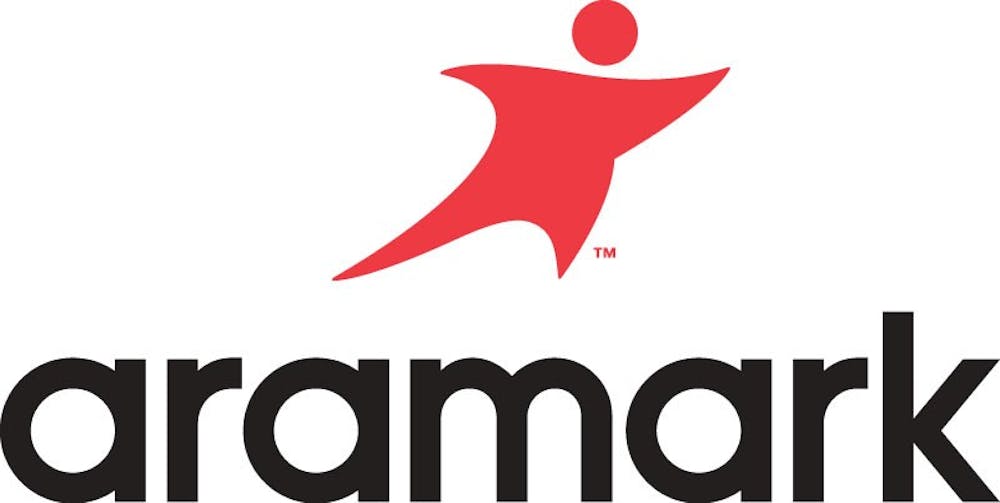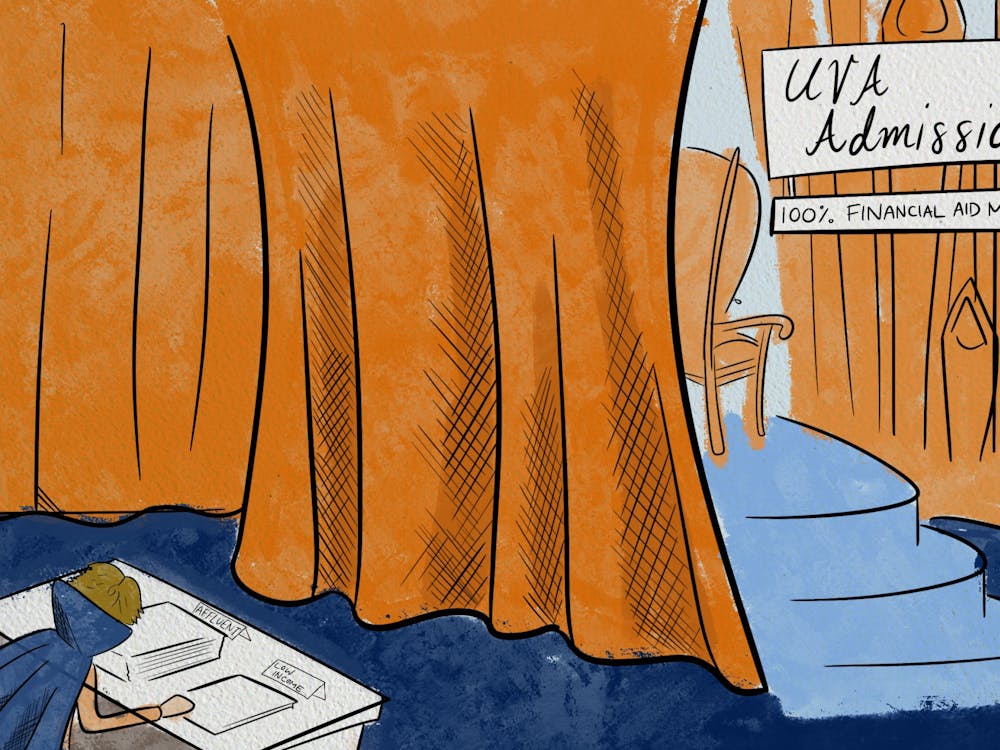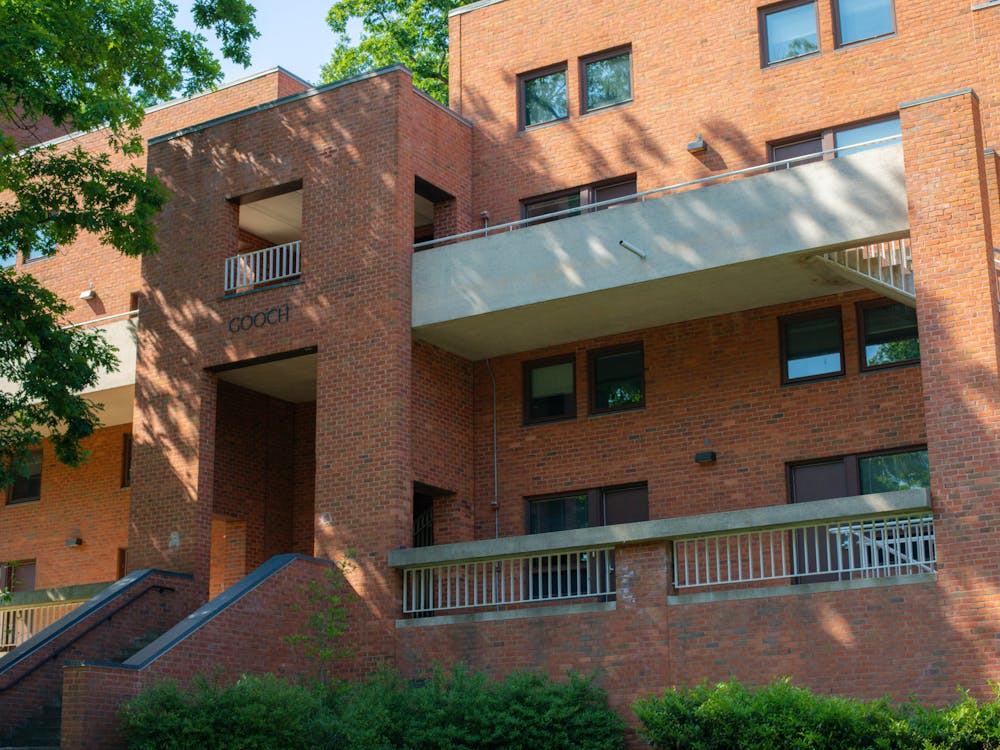Last month, I wrote a column about the ambiguity surrounding President Jim Ryan’s plans to reform living wage policies at the University for both contracted and non-contracted workers. Since then, The Cavalier Daily interviewed Ryan about the living wage issue for contracted workers, but Ryan put forth no discernible plan to increase wages or support for doing so. Despite criticism surrounding Ryan’s inaction regarding this issue, he has maintained that the subject needs more research regarding its legal and financial feasibility. In fact, when Cavalier Daily editors asked him if he would hypothetically support higher wages for contracted employees in the absence of legal barriers, Ryan still offered no clear opinion about such a policy.
According to the Living Wage Campaign, Ryan promised to “resolve” the wage issue by the end of the 2018-19 academic year. As Ryan still has not offered any policies or opinions on the wages of contracted workers, a resolution to the issue seems increasingly unlikely. Legal and financial issues aside, living wages for both non-contracted and contracted workers have been a popular issue since Ryan took office. Programs such as the “Ours to Shape” initiative have prioritized student opinion of the issues that Ryan and the University will tackle in the near future, but this popular issue still has not received the administrative attention it deserves.
The majority of the living wage controversy concerns University workers contracted by Aramark. Aramark employs the University’s dining, utilities, and maintenance workers. The starting wage for contracted workers is $10.65 an hour, which is below the University’s $12.38 minimum wage. In Charlottesville, a living wage is $12.02 per hour for a single adult and $16.95 per hour for a family of four with two working parents. Ryan, when asked about the potential of raising wages for contracted workers, stated that he would like to “understand all the ramifications” before coming out in support of such a policy. Additionally, legal issues surrounding a public institution’s ability to influence a contracted company’s wages still pose a significant barrier to raising wages.
However, issues with Aramark are not unique to the University. Students at schools such as Georgetown University, Virginia Commonwealth University, Barnard College and New York University have protested and boycotted the company, citing both living wage issues and instances of misconduct from the company. In fact, a Huffington Post article even named Aramark as one of the 10 companies that pays its workers the least in the United States. In fact, CEO Eric Foss’ “per hour wage is about 1,700 times that of some of his employees.”
The University’s compliance with the ethical issues associated with Aramark is completely unacceptable. Seemingly, the University’s administration is aware that low wages such as the ones paid by Aramark are not enough for Charlottesville residents. For example, the new “community resource specialist” position, a worker that would help low-wage workers at the University take advantage of community benefits, acknowledges that low-wage University workers are struggling to live in increasingly expensive Charlottesville. Nevertheless, Ryan still will not provide students with a concrete statement about his plans to address the issue or the University’s ties with Aramark.
There have been some student demands to cut ties with Aramark as early as 2015. Unfortunately, it seems to be unlikely that University administration would cut ties with Aramark in the near future. In 2014, the University renewed its contract with Aramark. The contact even stipulates that the company will provide the University with escrow funds that will amount to $70 million by the end of the 20-year contract. The agreements within the contract yield little incentive for the University to cut ties with Aramark. Therefore, it rests with the students to demand action to better the lives of workers at the University.
The student body acknowledges these issues and has demanded change regarding wages at the University. In fact, the Student Council passed a resolution to support the Living Wage Campaign earlier this month. While Aramark does provide some financial benefits to the University, Ryan and other administration must begin to take student demands seriously and reevaluate our ties with Aramark. It is time for the University to speak up and admit that Aramark’s wages are not up to University standards.
Victoria McKelvey is an Opinion Columnist for The Cavalier Daily. She can be reached at opinion@cavalierdaily.com.





